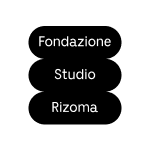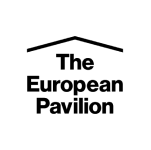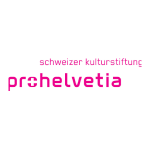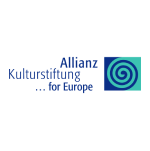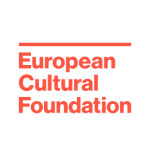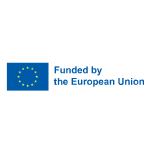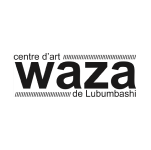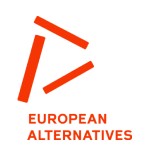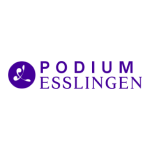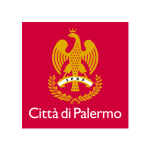Non è Più tempo di Negare in Palermo is presented by the European Pavilion, an initiative by the European Cultural Foundation which aims to support and promote artistic projects that imagine desirable and sustainable futures for Europe.
Transnational Restitution Movement - With the recent return of the Benin Bronzes by the two European museums with the largest collections of African art, it became evident - we are entering a new era of postcolonial debate. In this context, Fondazione Studio Rizoma and GROUP50:50 invite artists, activists and thinkers from Europe and Africa to set the foundations for a broad transnational restitution movement. In a series of lessons, pieces, and interventions we present and discuss artistic and political practices redefining both African and European identities and reframing transcontinental dialogue and cooperation. After the first stage in Palermo, Non è Più Tempo di Negare will travel on to Lubumbashi, Kinshasa, Basel, Leipzig, Berlin and other cities in 2022 and 2023. In each city, they involve local artists and activists in their reflections and artistic production to bring the transnational restitution movement forward.
Since the 1960s, a movement of globally connected artists, intellectuals and activists has been persistently campaigning for the restitution of African cultural artefacts and human remains to bring forward the process of decolonization after independence. After a long period of stagnation, the debate has accelerated in recent years, with examples of physical restitution as the Behanzin treasures to the Republic of Benin or the Benin Bronzes to Nigeria. While actual restitution will be decided at the highest diplomatic level and delayed for as long as possible, it will be up to artists and civil society to accelerate and accompany this process. The time has come to follow those who have led the way for a broad and transnational movement. How can these objects be returned in their symbolic, social and historical significance? How can it be linked to contemporary contexts of knowledge production and social interaction?
Once you leave the European perspective, skulls and skeletons become more than scientific objects and masks more than art objects. They are inhabited by ancestral spirits brutally removed from their habitat, locked away in forgotten collections and still haunting the European continent. With the process of restitution, we must learn, in Europe and in the former colonies, to dialogue about the long history of physical violence, economic exploitation, alienation, cultural appropriation and dislocation of these objects that produced meaning. What rituals can we invent to accompany the return of the objects? How can we reverse a process of alienation induced by hegemonic euro-centric thinking imposed by colonial violence?
The destabilisation of social structures through the expropriation of objects with cultural value or symbolic power enabled the exploitation of humans and nature. Modernist ideas of progress and the subsequent separation of “advanced” and “primitive” societies, the imperative of economic growth and the infinite availability of natural resources, annihilated any alternative cosmology that defined the relationship between humans and nature differently. Should the restitution movement also claim the restitution of natural resources? Who pays for the ongoing destruction of the habitat caused by the exploitation of natural resources? And would it not be better for humanity if alternative cosmologies could be restored?
GROUP50:50 and Studio Rizoma invite artists, activists and thinkers from Europe and Africa that represent the avant-garde of a transnational restitution movement to present and discuss their practices.
Curated by Patrick Mudekereza and Eva-Maria Bertschy with contributions by Giorgio Mega and Emmanuelle Spiesse (LAM, Les Afriques dans le monde, laboratoire CNRS)
Production management: Letizia Gullo, Giorgio Mega and Pamina Rottok
General management: Marta Cillero
Set Design and production: Jesse Gagliardi
Technical direction and service: Sinergie Group
Video production and documentation: La Bandita Film
Institutional relations: Patrizia Pozzo
Public relations in art and culture: Sofia Li Pira
Communication and Creative Direction: Izabela Anna Moren
Editorial assistant: Elisa Capellini
Graphic Design: Simone Capano and Luca Pantorno
Social media strategy: Elena Fortunati
“The Time for Denial is Over” is a project of GROUP50:50 (Basel-Lubumbashi), Fondazione Studio Rizoma (Palermo), Centre d’Art Waza (Lubumbashi) and European Alternatives, in collaboration with PODIUM Esslingen, The European Pavilion, CTM Festival Berlin, euro-scene Leipzig, Kaserne Basel, JazzClub Leipzig and Vorarlberger Landestheater.
With the support of TURN Fonds de Kulturstiftung des Bundes, Pro Helvetia and European Cultural Foundation.

